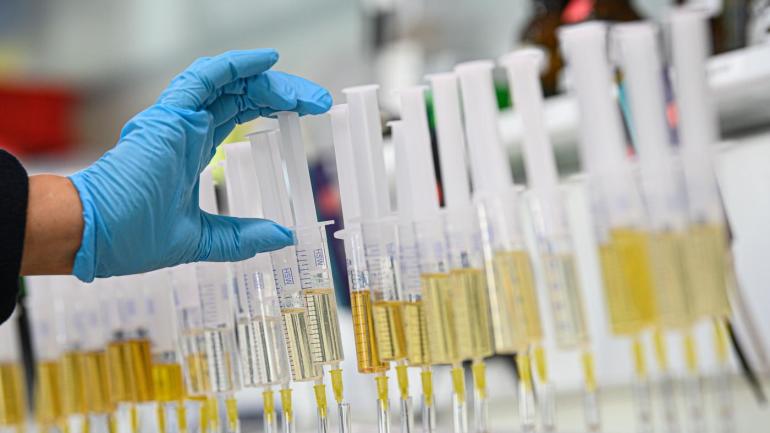
Texas-based doctor Eric Lira is facing criminal charges for allegedly supplying Olympic athletes with performance-enhancing drugs prior to last year's 2020 Tokyo Olympics. According to a report by Tori B. Powell of CBS News, Lira, of El Paso, Texas, has become the first person to be charged under the Rodchenkov Anti-Doping Act, which was signed into law in December of 2020.
Lira, who according to CBS News claims to be a naturopathic and kinesiologist doctor, allegedly obtained and distributed banned substances, such as human growth hormones and erythropoietin, "in advance of and for the purpose of corrupting the 2020 Olympic Games." Lira has been accused of communicating with two Olympic athletes through an encrypted electronic platform in which they discussed the drugs' sale, effectiveness and ability to be detected in drug tests among other things.
The Rodchenkov Anti-Doping Ac makes it unlawful to "to knowingly influence (or attempt or conspire to influence) a major international sports competition by use of a prohibited substance or prohibited method." Lira, 41, has been taken into custody and was scheduled to appear before a judge in the Western District of Texas on Wednesday.
"We allege Mr. Lira knew he was breaking the rules when he communicated with Olympians through an encrypted messaging app to hide his illegal activity," read a statement by FBI Assistant Director Michael J. Driscoll. "It's not winning if you take illegal substances - it's cheating, and Mr. Lira will now be forced to face the consequences of his alleged criminal actions."
While the identities of the athletes allegedly involved have not been named in the criminal complaint against Lira, the scheme included Nigerian sprinter Blessing Okagbare, according to a report by Jim Mustian of the Associated Press. Okagbare was suspended from competition after testing positive for human growth hormone in July of last year, and details of performance in specific races in the criminal complaint suggest that she was one of Lira's clients.
Lira faces a maximum sentence of 10 years in prison, and also stands accused of conspiring to violate drug misbranding and adulteration laws.
















